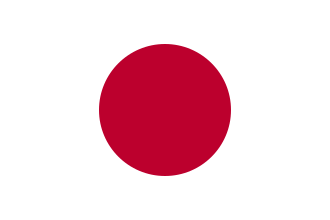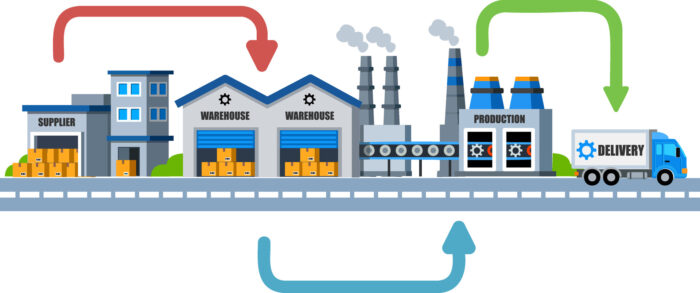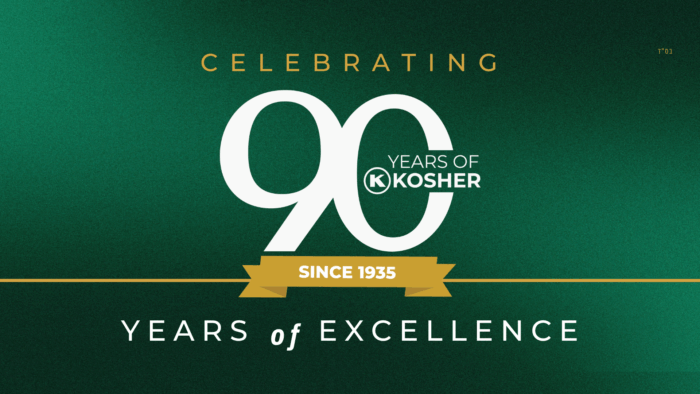
In our earlier article, Think No One Cares About Your Kosher Status? Think Again., we explored the common misconception that kosher certification only matters to consumers. The truth is that kosher is a globally recognized standard for higher compliance. But knowing that is just the beginning.
If your company is certified in industrial manufacturing, retail, or private label, the next step is to make that certification work harder for your business. This post highlights practical ways to turn your kosher certification into a strategic asset and maximize its return.
Don’t wait for buyers to ask, tell them proactively
Many B2B and retail buyers do not ask if your product is kosher certified. They expect that information to be clearly displayed- If it’s not, they may just move on.
To integrate the kosher certified status of your products into your sales strategy:
- Mention kosher certification on your sell sheets, spec sheets, pitch decks, and digital catalogs using approved versions
- Mention kosher certification in sales meetings and onboarding documents
- Include kosher status on your website’s product pages, FAQs, and “About Us” section
If you don’t communicate your certification, potential customers looking for kosher will assume you don’t have it.
If you are a retailer and not using the kosher symbol, how will anyone know?
You’d be surprised that there are still some retailers and private label brands that are certified but do not display their agency’s kosher symbol on any physical or digital materials. This is a missed opportunity.
Kosher consumers and B2B buyers do not guess; they rely on trusted kosher symbols like the OK certification mark to make purchasing decisions.
Without the symbol:
- Your products may be excluded from kosher sections and filtered searches
- Distributors may overlook them for compliance programs
- Foodservice clients may skip them for kosher orders
If you are certified by OK Kosher but not displaying the kosher symbol:
- Submit your packaging /digital marketing materials to OK Kosher for approval before printing/publishing
- Include kosher in your FAQs and product descriptions, for example
“This product is certified kosher by OK Kosher Certification. Learn more at ok.org”
Visible certification builds trust, supports brand integrity, and improves product discoverability.
Take a moment to review our Guide to the Proper Use of the OK Kosher Symbol so you can be sure you’re using it the right way.
Position kosher as a quality and compliance advantage
Kosher certification signals more to the consumer than dietary law. It is perceived as a mark of product safety, traceability, and supply chain transparency – highly valued by retailers and buyers alike.
These qualities are valued by both retailers and B2B buyers.
Use your kosher status to support:
- Export requirements for global markets outside North America, like Israel, Europe, and South Africa
- Support for other religion-based dietary needs
- Buyer confidence in audited production and ingredient control
Kosher certification gives your brand credibility with a wider audience than you might expect.
Improve discoverability where buyers actually search
If you are not listing your company’s kosher certification in the right places, it may be difficult for prospective buyers to find.
To increase visibility:
- Make sure kosher is listed as a searchable attribute on platforms like Amazon, RangeMe, Faire, and Alibaba
- Confirm kosher certification is clearly included in distributor catalogs and data sheets, with the correct certification symbols indicated where applicable
- Include kosher certification in retailer onboarding forms and digital product databases
Buyers actively filter for kosher products; if such attributes are not clearly documented, it does not exist to them.
Educate your sales and support teams
Your internal team plays a key role in communicating your kosher certification. They should know how to present it accurately as part of your brand value and compliance standards.
Train your staff to:
- Understand what kosher certification means and why it matters in B2B and retail
- Know when and how to bring up kosher in conversations with buyers
- Relay specific information about the kosher certification status of your products
- Share accurate kosher documentation per product when appropriate, and link to your certification on ok.org
- Respond accurately to a wide range of kosher consumer inquiries
- Clarify the exact kosher approval status (pareve/meat/dairy/dairy equipment) per the approval status on the current kosher certificate for specific products.
- Refer customers to OK Kosher’s contact information for any further specific questions on kosher.
Education ensures that kosher becomes part of the conversation, not just a symbol on a label.
Measure ROI through the right lens
As with other business investments made by companies in this industry, the return on kosher certification is not always immediate or obvious. It often appears through long-term business advantages such as:
- Faster retail and distributor approvals
- Eligibility for foodservice (institutional) contracts and export programs
- Greater buyer confidence and fewer product objections/barriers to entry, especially in regional/ethnic markets.
- A stronger brand reputation in regulated categories
Start tracking where kosher is mentioned during buyer discussions, onboarding calls, or market entry conversations. You may find it has been helping more than you realized.
Final thought
Kosher certification is a tool, not just a label. If you have already invested in certification, take full advantage by communicating it clearly, using it strategically, and applying it consistently across every sales channel.
OK Kosher is here to support you. Whether you need help with packaging approvals, staff training, partner education, or strategy, contact your OK account rep or visit ok.org/contact. We are ready to help you unlock the full value of your certification.


 EN
EN  ZH
ZH  KR
KR  BR
BR  ES
ES  IN
IN  IL
IL  JP
JP 



